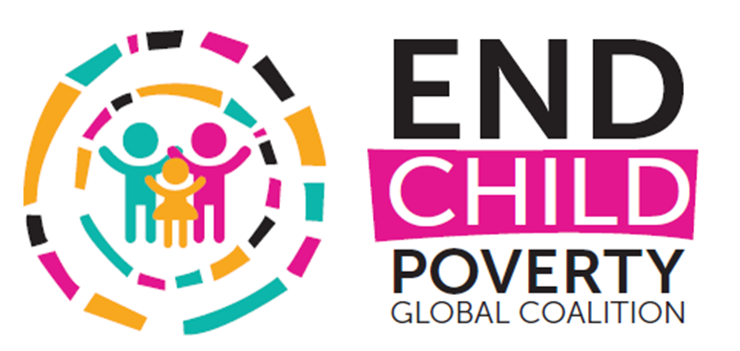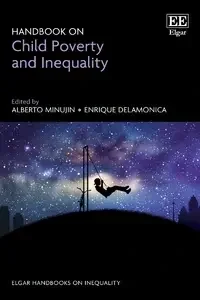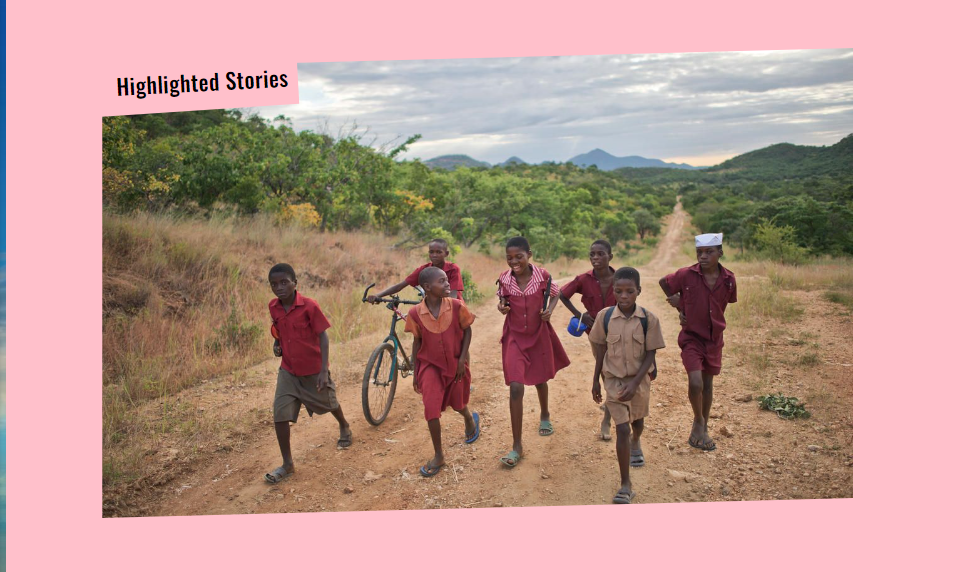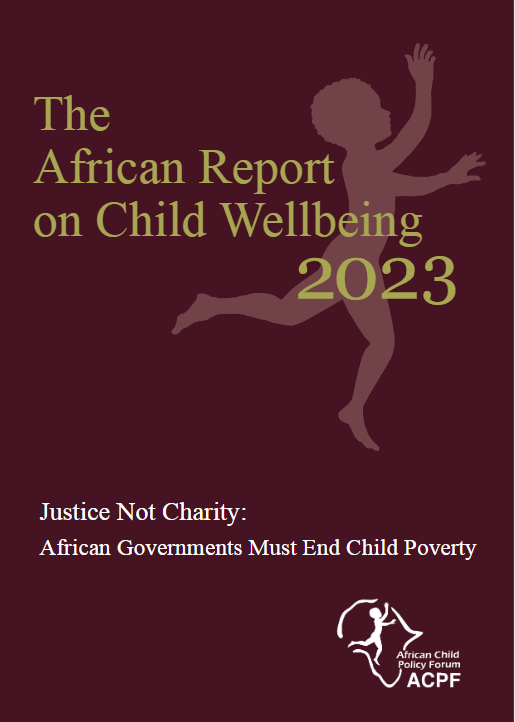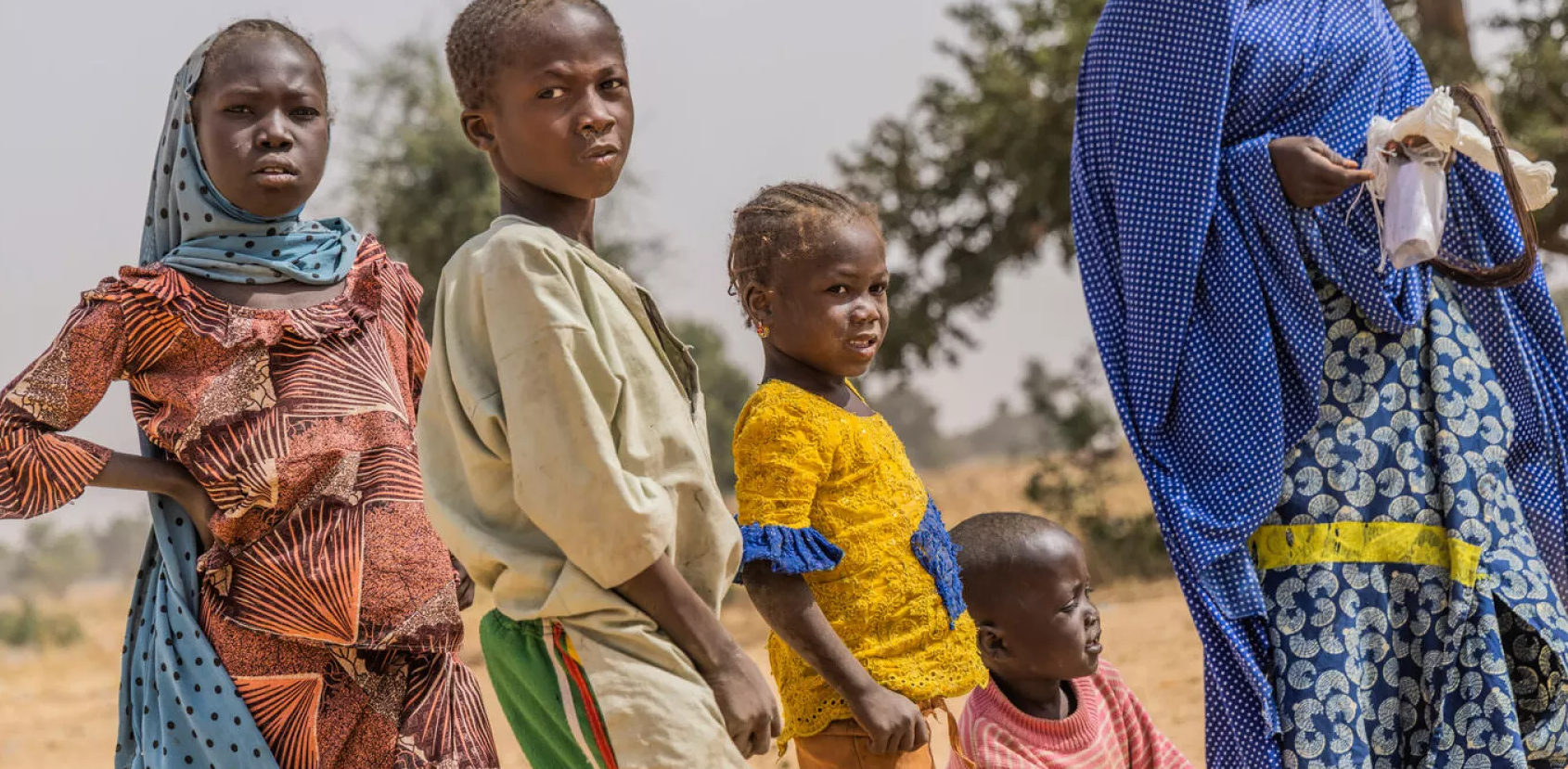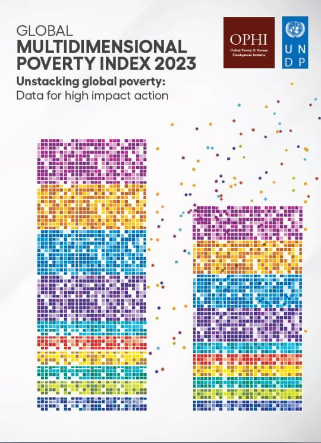Far too many children live in poverty, deprived of financial resources and essentials like schooling and sanitation. But child poverty is not inevitable. Countries have shown what is possible when they prioritize children. What we need now is commitment to implement proven strategies, to innovate as crises converge, and to keep an unwavering focus on the rights of every child.
A Disproportionate Burden: Children living in Multidimensional Poverty by the Global MPI 2025
Handbook on Child Poverty and Inequality
This Handbook provides a comprehensive overview of the conceptualisation and the latest developments in research about child poverty and inequality. Adopting a child rights framework, it demonstrates the importance of a multi-dimensional understanding of poverty specific to children for both research and policy-making.
The Empathy Fix - Why Poverty Persists and How to Change it
The Climate-Conflict Nexus and its Impact on Children in the SAHEL
Noting that climate change and conflicts interact differently with each other depending on the context and thus have varying impacts on children, the study explores the nuanced relationship between conflict and climate change as it pertains to children in the Sahel region, and provides policy recommendations for action. The intention is to help put the CAAC agenda at the centre of climate discourse and action, and vice versa.
Analyzing Individual Disadvantages alongside Household Poverty to Illuminate Gendered and Intrahousehold Disparities
This paper provides a methodology for jointly analyzing individual disadvantages alongside household poverty status and composition. The illustration analyses deprivations in child nutrition and school attendance, and achievements of first generation learners, alongside multidimensional poverty status in seven South Asian countries, and monetary poverty status in Pakistan, finding significant gender disparities in school attendance.
Breaking the Cycle: Tackling Child Poverty and Inequities
This report was commissioned by the G20 Development Working Group, with the objective to shed light on child poverty and inequities - including how some groups are more affected by poverty and exclusion than others - and to emphasize the policies that are effective in tackling these inequities and supporting the most vulnerable children.
Shocks and the changing profiles of children living in poverty
Using the example of a global shock, the COVID-19 pandemic, and research conducted by UNICEF Innocenti - Global Office of Research and Foresight, this policy brief examines the changing profiles of children living in poverty in two country contexts, Georgia and Uganda, and assesses the broader policy implications.
Global Child Benefits Tracker
By focusing on the rights of children, the Global Child Benefits Tracker is an important complement to the knowledge management tools available to advocates of child-sensitive social protection including policy makers in government and international development agencies, social protection practitioners, academia / researchers, civil society and child campaigners.
Child Poverty in the Midst of Wealth Innocenti Report Card 18
For the eighteenth edition of the Innocenti Report Card, UNICEF Innocenti examined child poverty in the high-income and upper middle-income countries in the European Union (EU) and the Organisation for Economic Co-operation and Development (OECD). This Report Card provides an assessment of the current state of child poverty and the progress – or lack of progress – that these countries made towards eliminating it.
Mapping child poverty: using machine learning to provide a more granular picture of child poverty in sub-saharan africa
Poverty maps and small area estimates are one way of addressing this challenge. The idea is to combine household survey data with satellite imagery (e.g. night lights), information on public and private infrastructure (road density, location of critical infrastructure, travel time to hospitals, mobile phone towers and connection speed, etc.) and other possibly relevant variables (altitude, vegetation, pollution, etc.).
Children and the Cost-of-living Crisis
Unlocking Potential: How Social Protection Can Improve Disadvantaged Children’s Foundational Cognitive Skills Ground-breaking New Evidence from Young Lives in Ethiopia and Peru
Weathering the Storm: Climate Shocks Threaten Children’s Skills and Learning But Social Protection Can Mitigate Impact
This Policy Brief draws together Young Lives evidence on the impact of early climate shocks in particular on children’s basic skills and learning, finding that early exposure to droughts and floods has a profound impact on children's nutrition and physical growth, with long term consequences for their skills development, ability to learn and progress in school.
